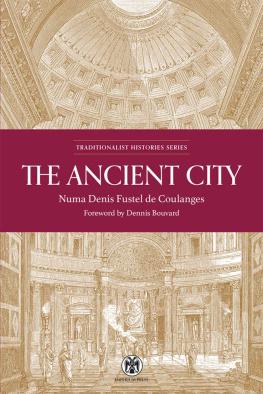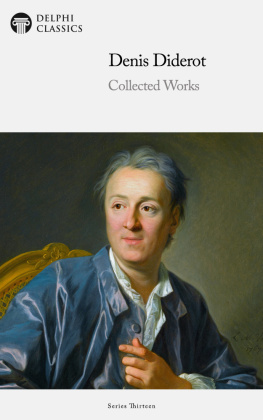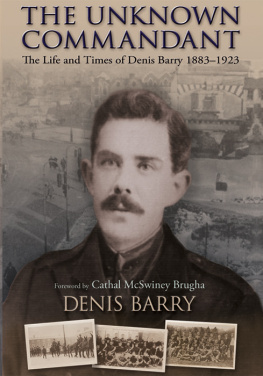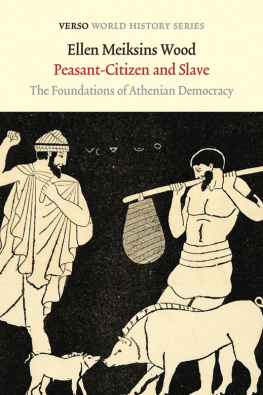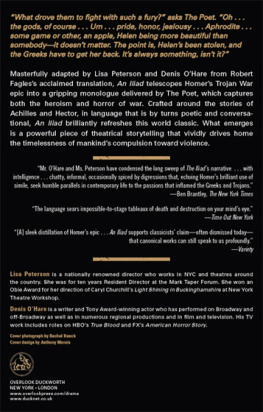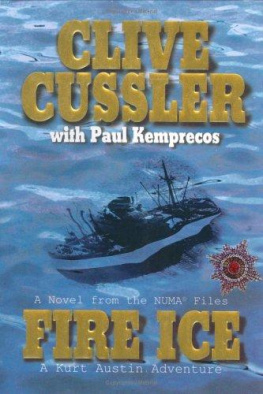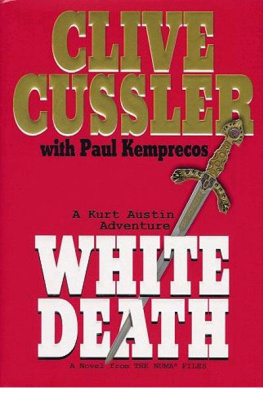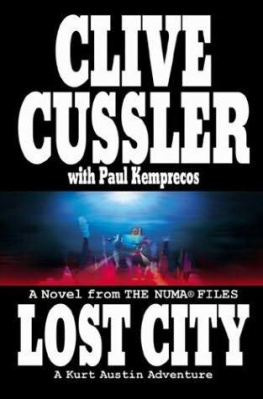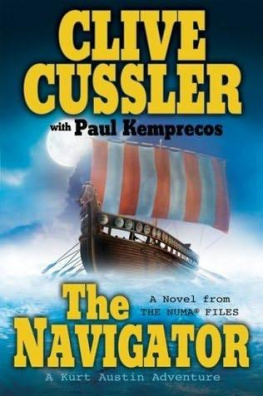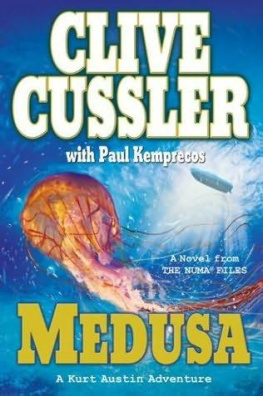Numa Denis Fustel de Coulanges - The Ancient City
Here you can read online Numa Denis Fustel de Coulanges - The Ancient City full text of the book (entire story) in english for free. Download pdf and epub, get meaning, cover and reviews about this ebook. year: 2020, publisher: Imperium Press, genre: Religion. Description of the work, (preface) as well as reviews are available. Best literature library LitArk.com created for fans of good reading and offers a wide selection of genres:
Romance novel
Science fiction
Adventure
Detective
Science
History
Home and family
Prose
Art
Politics
Computer
Non-fiction
Religion
Business
Children
Humor
Choose a favorite category and find really read worthwhile books. Enjoy immersion in the world of imagination, feel the emotions of the characters or learn something new for yourself, make an fascinating discovery.
- Book:The Ancient City
- Author:
- Publisher:Imperium Press
- Genre:
- Year:2020
- Rating:4 / 5
- Favourites:Add to favourites
- Your mark:
- 80
- 1
- 2
- 3
- 4
- 5
The Ancient City: summary, description and annotation
We offer to read an annotation, description, summary or preface (depends on what the author of the book "The Ancient City" wrote himself). If you haven't found the necessary information about the book — write in the comments, we will try to find it.
The Ancient City — read online for free the complete book (whole text) full work
Below is the text of the book, divided by pages. System saving the place of the last page read, allows you to conveniently read the book "The Ancient City" online for free, without having to search again every time where you left off. Put a bookmark, and you can go to the page where you finished reading at any time.
Font size:
Interval:
Bookmark:

When tradition gives way to novelty, it becomes hard to tell legitimate historical scholarship apart from journalism. The historian is always working from within a tradition, and when that tradition is anti-traditional, the results are as chaotic, incoherent, and uninformative as one might expect. The traditionalist rejects such an approach.
Imperium Press Traditionalist Histories series is a re-centering of historical scholarship, presenting the view from somewhere. The series comprises historical works by pre-eminent scholars free from the whiggism that characterizes so much of modern historical scholarship.
Numa Denis Fustel de Coulanges was professor of history at Strasbourg and held the chair of medieval history at the Sorbonne. Studying at the cole Normale Suprieure, the reactionary atmosphere of the school and of France more generally in the mid 19 th century blunted his liberalism, setting him on the intellectual trajectory that would culminate in The Ancient City . Published in 1864 while Fustel was at Strasbourg, The Ancient City was quickly recognized as a landmark work, strongly influencing French royalism in the latter 19 th century, and later, mile Durkheim.


Ancient Beliefs.
The Family.
The City.
The Revolutions.
The Municipal Regime Disappears.
N uma Denis Fustel de Coulanges was a lifelong academic. He was born in Paris in 1830, was a professor of history at Strasbourg from 1860-70, then a lecturer at the cole Normale Suprieure until 1875, then a professor at the Paris faculty of letters until 1878, and then occupied a chair of medieval history created for him at the Sorbonne. He was certainly an extremely skilled and self-confident scholar, who seems to have been one of the first of the later 19 th century historians who realized how thoroughly modern conceptions of state, society and religion obfuscated the radically different traditions they had replaced. The Ancient City was his first book, published when he was 34. It is interesting that his final, unfinished project was also a work of significant revisionism, as he attempted to show that the Germanic invasion of Gaul was more of an integration into the Roman imperial structure than a conquest of it. Although he seems to have taken no part in political life, his study of the Germanic invasion of Gaul was inspired by the Franco-Prussian war of 1870-1. The 1911 Encyclopedia Britannica contains the following enigmatic remarks: He wished the institutions of the present to approximate more closely to those of the past, and devised for the new French constitution a body of reforms which reflected the opinions he had formed upon the democracy at Rome and in ancient France. I have not been able to find more information regarding those proposed reforms, or how he wished to make modern institutions more closely approximate ancient ones.
The most fundamental lesson of Fustel de Coulanges The Ancient City is a very difficult one to take in: social order results from unanimously shared belief in the origins of that social order. To the extent to which such belief is weakened, it is supplemented by force or wealth, which in turn both further weaken unanimity, and are themselves undermined by the counter-force or the demand for equal distribution of the wealth that has been generated. But shared belief in the origin of social order creates distinctions between those who inherit more, and those who inherit less, or not at all, from property traced back to that origin. The difficulty posed is, therefore, the following: how to preserve implicit, unanimous belief in social origin, which means defending the integrity of the rites and stories attributed to the origin, while including within that origin all who, whether through accident and necessity, or as a result of the very successes of that social order, fall within its protection. The problem, that is, is not so much justifying the belief in questionthe tacit, unanimous adherence to practices and discourses rooted in a past beyond any memory cannot be false in any meaningful sense. The problem is one of inclusion and meaning, in making a place for new participants (many of whom are simply descendants of the present participants), or, we might say, interpellating new participants in what would then have to become reconfigured practices and discourses. And this must be accomplished not through modernizing innovations, but through a retrieval of elements of the origin that have not yet been registered.
The unanimously shared belief or opinion forming the ancient city is ancestor worship. The primary social unit was the family, each with its own hearth and fire, commemorating the familys first-born male ancestors. Sacrifices are given regularly, the hearth fire is kept going continually. Any lapse will bring on the anger of the ancestors. Laws and institutions like marriage are completely determined by the imperative to maintain the family worship. There are no terms for arguing or deliberating regarding these institutions, since their origins are in the remote and sacralized past. The city is founded in the same way, by the heads of families establishing a common site and mode of worship, and maintaining regular worship and sacrifice. All of social life is encompassed by the established worship, to the extent that battles in the middle of a war can be halted or delayed because the generals have to come back for the scheduled sacrifice. These ancient practices, which continued unchanged for centuries, were already in the distant past at the time when we start to have records from ancient Greek and Roman (and, more tangentially, Indian) society. Coulanges works inductively from references to what were often vestigial or dramatically transformed rituals and customs in much more recent historical and literary texts.
Coulanges is certainly not interested in promoting nostalgia for an earlier period of faith and social unity. The beliefs held by the ancient Greeks and Latins would have been impossible for any of Coulanges contemporaries, much less those of us today, to take seriously. No kind of rational morality or ethical argumentation was even conceivable. But he is arguing, mostly implicitly but occasionally explicitly, against the notion that liberal concepts like individual rights or interests, or a collectively conceived common good, is the basis of social or political organization:
This power [i.e., to bring diverse groups under the rules of a community] was a belief. Nothing has more power over the soul. A belief is the work of our mind, but we are not on that account free to modify it at will. It is our own creation, but we do not know it. It is human, and we believe it a god. It is the effect of our power, and is stronger than we are. It is in us; it does not quit us: it speaks to us at every moment. If it tells us to obey, we obey; if it traces duties for us, we submit. Man may, indeed, subdue nature, but he is subdued by his own thoughts. (106)
This intriguing series of paradoxes calls for an anthropological interpretation that Coulanges, as a historian, does not attempt. Whence this power of belief, and, while were asking, this belief in particular? It would be senseless to inquire into the reasons such beliefs were held, because they have not been acquired as a result of reasoningotherwise, we could modify them at will, and they would not be stronger than us. It would make more sense to hypothesize an event at the origin of the belief, because a collective event can have a result that no individual member of the group explicitly intended or, perhaps, could justify or even clearly formulate. Some father laid the first altar, and sacrificed to it, but that raises the question of how we imagine such an event, otherwise than in the materialist terms Coulanges rejects (for example, as means of tricking other members of the group into accepting his power).
Font size:
Interval:
Bookmark:
Similar books «The Ancient City»
Look at similar books to The Ancient City. We have selected literature similar in name and meaning in the hope of providing readers with more options to find new, interesting, not yet read works.
Discussion, reviews of the book The Ancient City and just readers' own opinions. Leave your comments, write what you think about the work, its meaning or the main characters. Specify what exactly you liked and what you didn't like, and why you think so.

